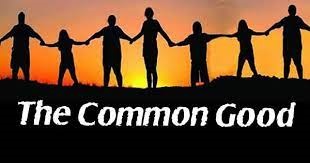
The common good has historical roots that stretched back to ancient philosophy and Christianity but is also an idea that has modern-day relevance. So the question is, what exactly is the common good?
First the common good could be understood as an idea and a moral measure. As an idea, the common good talks about the state affairs, a world where all the necessary conditions are in place that will allow all individual to reach their full capacities in the communities. A society where there will be access to good education, health care, safe housing, fair wages and the ability to participate in the political and cultural activities without any intimidation or fear. It is not certain that the common good may be fully realized but at least there is the believe that it may provide us with the goals to work towards achieving it.
As a moral measure, the common good is a tool that helps to evaluate whether our choices, policies and institutions are aligned with this ideal. For example, we should ask if our purchasing decisions reflect only self- interested concern for our well- being and status or do we try to spend our money in the way that it align with environmental sustainability or do we live simply so that more of our resources can be dedicated to meeting the basic needs of others.
There are a few key assumptions that built into the concept of the common good. First, is the assumption that human beings are fundamental social creatures with are built to be in relationships and not live in isolation. Second because we are made for community our individual well- being is mutually dependent on my good and the good of others. Finally, the idea of the common good rest on a strong confidence about human beings. This doesn’t deny that social conflict will happen but it does assume that since we are built for community we are willing to treat each other with good will and to collaborate to build the common good.
However, the idea of the common good can be so hard to sustain when there is any form of violence and in equality. Moreover, when anybody claims to know what is good for all persons, there is the tendency that the person can be mistaken or limited by its own experience, prejudice or self-interest. Sometimes an attempt to specify what is common good can fall short of truly been common or truly good because of these dangers, it is important to imagine and interpret the common good in relation to other more commitments in principles. For example, a commitment to prioritizing the well- being of the most vulnerable members of the society, this is what the Catholics call a preferential option for the poor and vulnerable. This means listening to what this category of people has to say about how the position we take benefits and harms, includes and excludes the poor and vulnerable from our plan and what they think will mutually benefit the community.
It is pertinent that the common good be critically revised again and again because it is a tool with the power for imaginations and decisions to continually call us to see, judge and act so as to build the world in which all persons can pride as individuals and live together.
Bringing spiritual dimension into it, it may be right to reference the gospel of Saint Luke (Luke 10 :25-57) where Jesus sighted the parable of the good Samaritan who derailed his journey and took compassion on a man who was robbed, stripped and beaten to a pop while on his way from Jerusalem to Jericho. In that passage, we were told that many passed by the man and went their way except for this good Samaritan who took pity on the man and took him to an in and took care of his wound and paid the bills. This is one the examples of the common good, making sure that your neighbor is okay and in good condition. And yes, the catholic church believes also that the common good is reached when we work together to improve the wellbeing of people in our society and theworld at large. In the common good, we must ensure that the rights of the individual to personal possessions and community resources must be balanced with the needs of the disadvantaged and dispossessed. According to Pope Francis in his recent encyclical ‘Fratelli Tutti’, he stressed the importance of striving to bring about the “common good.
Correct me if l am wrong, our forefathers during their time, held the common good of every individual in their communities or neighborhoods as top priority. They believed in whatever will benefit the entire members in the community and were ready to share those things that will be beneficial to all or most members of their communities. But what do we have today? a selfish society where most individuals are self- centered and busy plotting against each other, planning the down fall of each other and competing for what l know not.
Parts of the common good which the citizens expect in their community include, an accessible and affordable public health care system, good road effective transport system, good schools, an effective system of public safety and security, e.t.c and above all, peace. You and l know that this is not the case presently. There is confusion everywhere, bad roads, hunger, insecurity, war and economic instability all over the world. And yes, it is pertinent that common good is considered in our social life because of its importance in the ethical image of our public and private dimensions. Hence we can help in achieving this goal of common good when we help the people in need, help people to care for themselves by living a healthy lifestyle that will help to improve the whole area or community or society.
In conclusion, the common good can be summarized as a social and community dimension of moral good which allows people, either as groups, as individuals and as a community to reach their fulfillment more fully and more easily. We are all called today to think of the common good of everyone in whatever we are doing. “We can do it; lets’ start now”

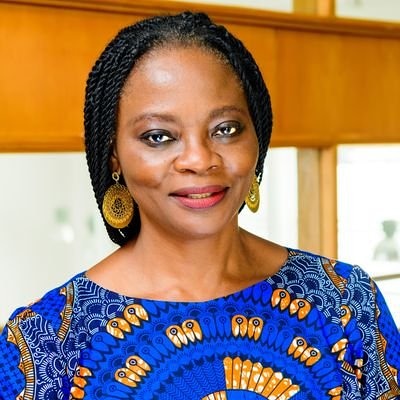
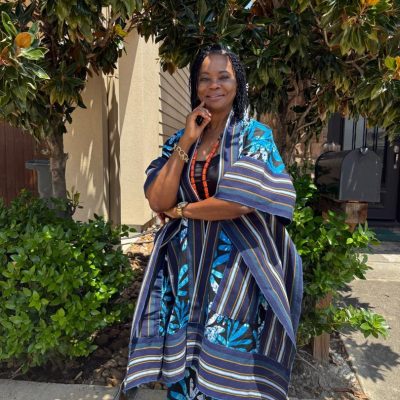
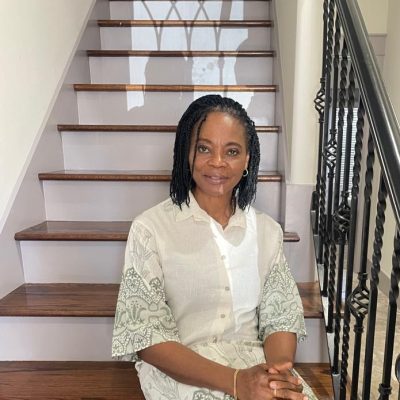
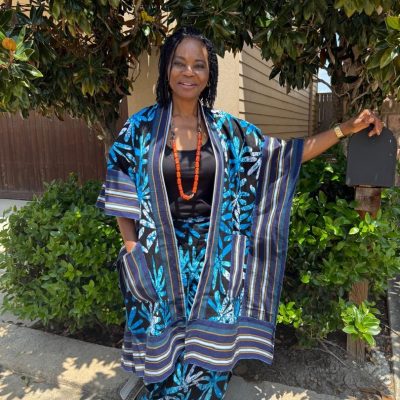
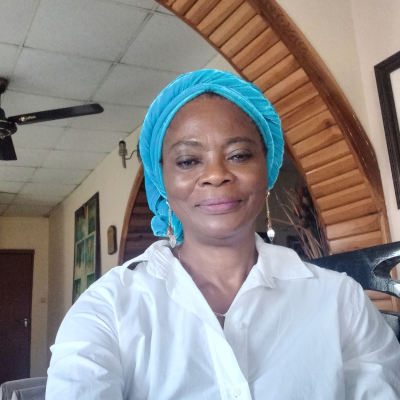
1 Comment